The February 2021 round-up here's our top articles
Here is a look back some of the most popular articles on GamingOnLinux for February 2021, an easy way to for you to keep up to date on what has happened in the past month for Linux gaming, open source and other general Linux news that we cover!
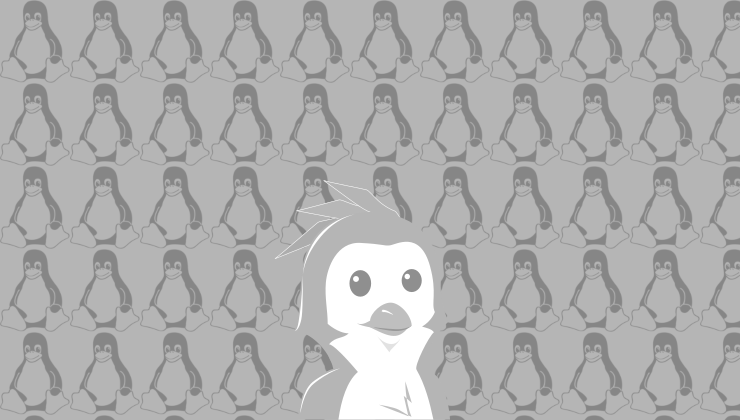
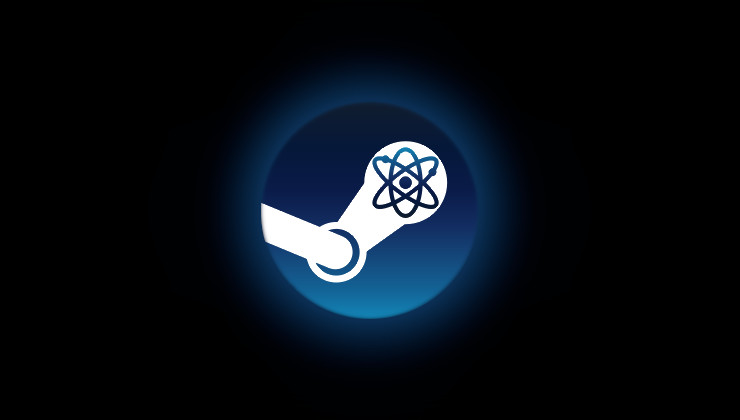
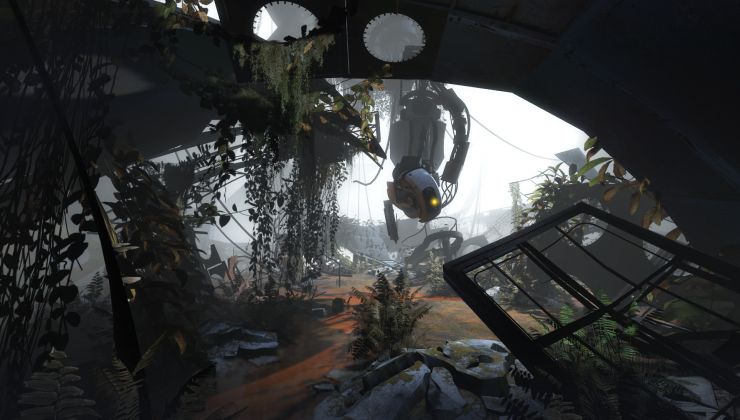
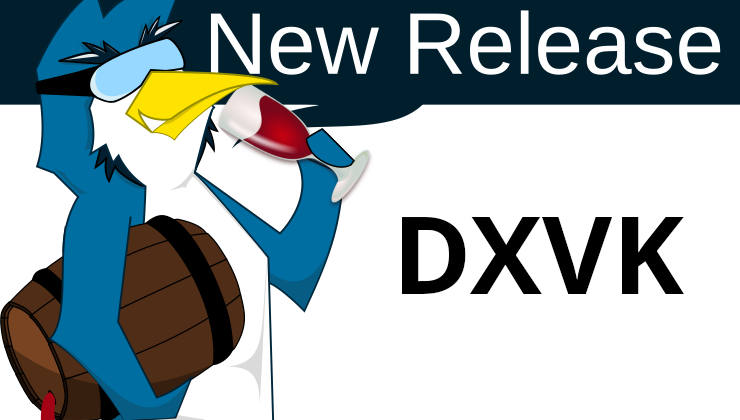
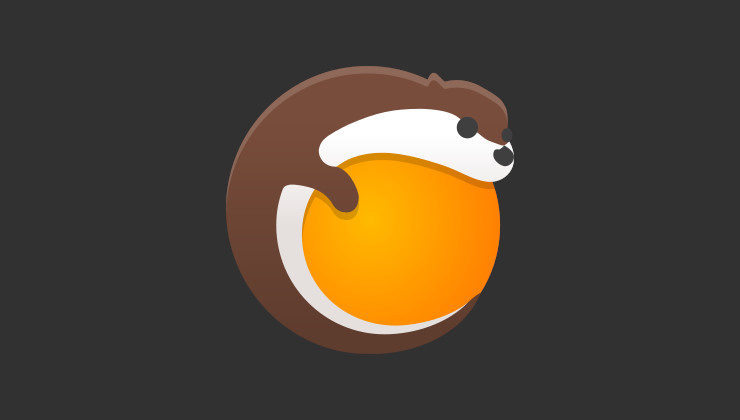
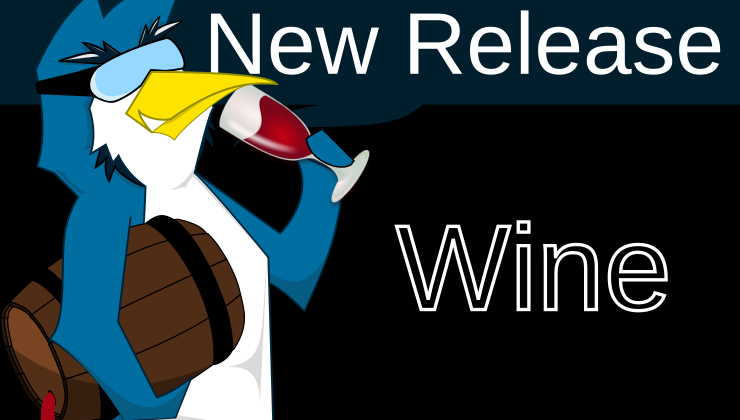
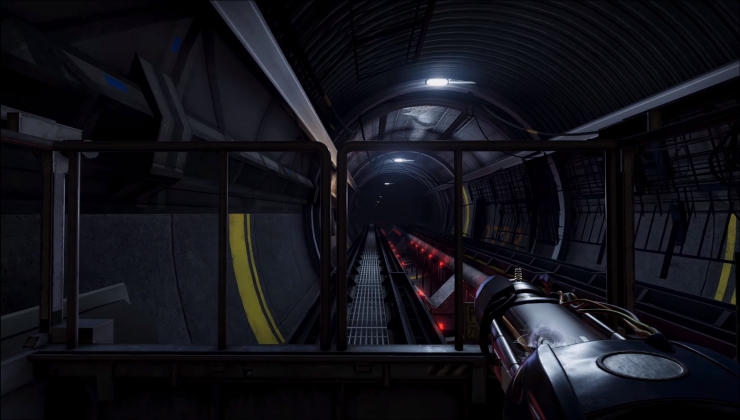
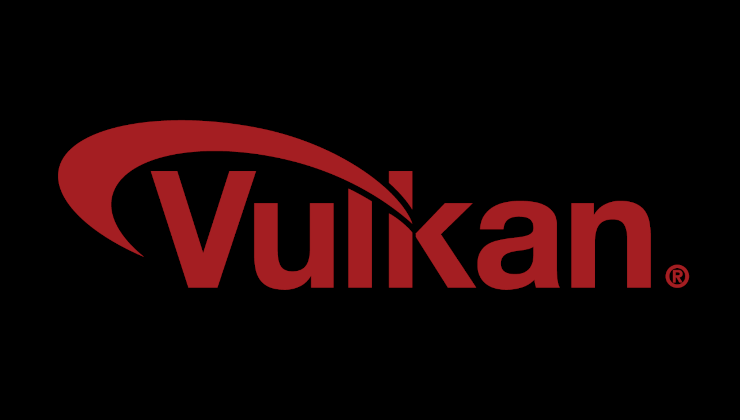
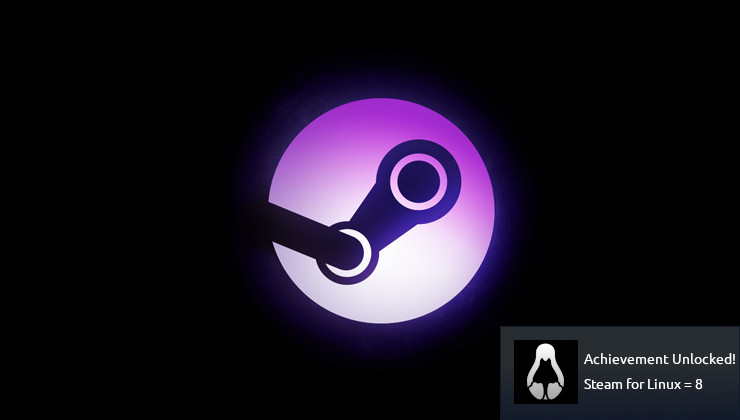
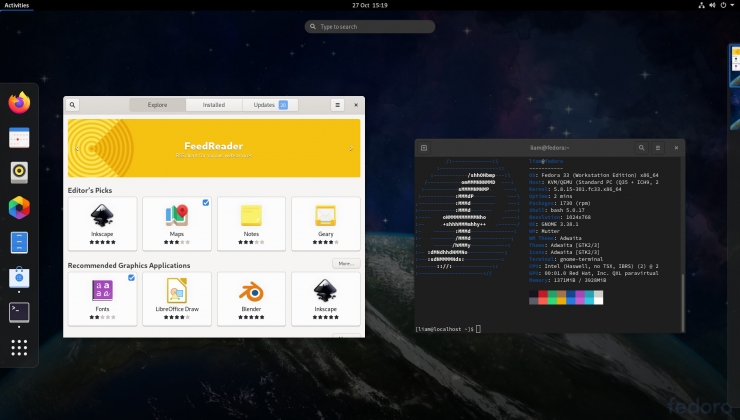

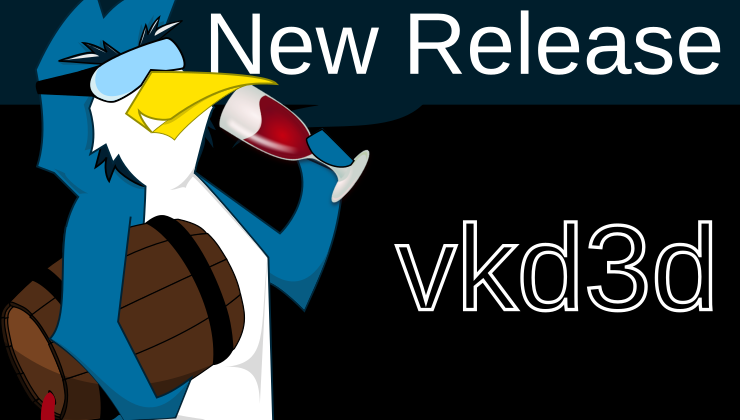
 How to setup OpenMW for modern Morrowind on Linux / SteamOS and Steam Deck
How to setup OpenMW for modern Morrowind on Linux / SteamOS and Steam Deck How to install Hollow Knight: Silksong mods on Linux, SteamOS and Steam Deck
How to install Hollow Knight: Silksong mods on Linux, SteamOS and Steam Deck